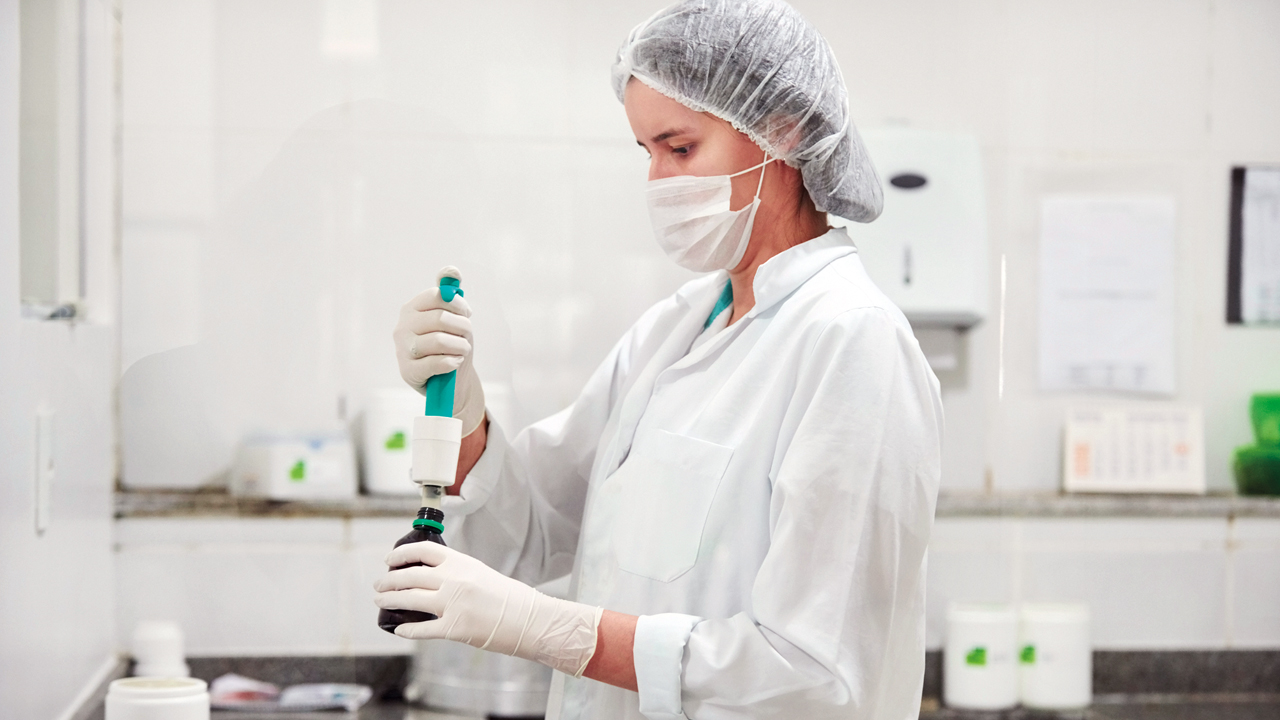In Practice
Follow this topic
Bookmark
Record learning outcomes
The annual cost of unlicensed medicines across all four NHS authorities is less than half of what it was when the Specials Tariff was introduced in 2011. Figures from the Association of Pharmaceutical Specials Manufacturers (APSM) show the average cost of a special in England is now at its lowest point, at just £111.
Since November 2011 prescriptions for certain special order lines have been categorised as Drug Tariff Special Order Products and reimbursed according to Drug Tariff Part VIIIB arrangements for payment for specials and unlicensed medicines.
Eleven years on, the Tariff has seen a further update. March 2022 saw the introduction of the ‘Drug Tariff Part VIIID arrangements for payment for specials and imported unlicensed medicines with prices determined relative to commonly identified pack size’. Certain products formerly categorised as special order products are now categorised as Part VIIID Drug Tariff Special Order. So what does this mean in practical terms?
“The Drug Tariff Part VIIID is a new addition to the Specials Tariff, which identifies specials and imported unlicensed medicines that are reimbursed based on a commonly identified pack size,” explains Sharon Clift, managing director of Northumberland-based specials manufacturer PCCA and chair of the APSM.
“These pack sizes and the agreed Tariff reimbursement prices are decided based on data provided by specials manufacturers to the DHSC and updated quarterly. Previously these were reimbursed under non-Tariff rules but they have now been incorporated into the new Part VIIID as part of the ongoing move to bring as much cost as possible under the control of the Tariff. These are mainly tablets and capsules; there are currently just under 50 products in this section
of the Tariff.”
As a proven framework for regulating the market, Clift says the Specials Tariff has “delivered significant value to the NHS”, as well as providing a “manageable system” for specials manufacturers, lessening the need for any other intervention which could provide an additional burden to the industry and pharmacies.
The APSM has always supported DHSC initiatives to move more products onto the Specials Tariff, including this latest move to expand the Tariff into what is also referred to as ‘solid dose’. Clift stresses that the information underlying the Tariff “relies on the manufacturers and suppliers providing their data to the DHSC” – for which there is a regulatory obligation to do so.
“The APSM encourages our members to do this, and we ask the DHSC to demand that all other providers do the same – that’s the only way to obtain an accurate assessment of the market price, and therefore ensure best value for the NHS and a level playing field in terms of regulatory burden,” she says.
“The sector will always work to ensure that a formulation is available somewhere when it is needed”
Market factors
Despite a decline in the market and a continual process of licensing products previously available as specials, Sharon Clift says there is still a need for specials, although the market remains in flux.
“New formulations continue to be prescribed mostly in secondary care, with subsequent repeat prescriptions in primary care. Much of this has now been standardised within the Tariff, but there will continue to be the need for truly bespoke specials formulations,” she believes.
However, other factors have forced the market to change in recent years, with the ongoing effects of Covid and Brexit, together with the war in Ukraine, felt across the sector.
“Pressures on access to a skilled workforce, ongoing out-of-stocks, a significant increase in costs and subsequent product discontinuations are challenging our ability to provide such a varied and bespoke product portfolio,” says Clift. “At the same time, the reduced demand for specials and increasing cost and time of quality processes make specials an ever more complex sector. For example, the increased cost of APIs might make a manufacturer think twice about making an up-front investment when there is no guarantee of demand.”
Specials also face the dilemma that their bespoke, on-demand nature makes them very hard to commercialise, which can also make them a challenging proposition for community pharmacy. “The response of some manufacturers has been to specialise and focus on what they can offer, efficiently and quickly,” says Clift, “and as a result there have been some changes in the way community pharmacies acquire specials.
“In the past they may have gone to one specials manufacturer for all their needs but now it is more likely they’ll need to shop around as not everyone makes everything – although the sector will always work to ensure that a formulation is available somewhere when it is needed.”
As well as a commitment to individual patients, Clift says the specials sector also has a key role to play in bolstering the market from the supply disruption that has affected the whole of the pharma industry. “When licensed products or APIs go out of stock, it is often down to us to provide a short-term alternative. In many ways we are becoming even more solutions-driven, working with all stakeholders to maintain a safe and timely supply of essential medicines.”
Future view
Specials remain an important part of the medicines supply chain, but APSM’s Clift predicts changes, and challenges, ahead. “Much of the cost is – and will increasingly be – regulated by the Tariff, and cost and market pressures may mean fewer ‘one-stop-shop’ specials suppliers and more specialist suppliers,” she says.
“However, patient safety and quality will remain a priority, and that will ensure that only well-funded and expert providers, who can fully support community pharmacy, can continue to meet the needs of this market.”
Further information
The NHS Business Services Authority publishes market data for the top 500 specials here.

